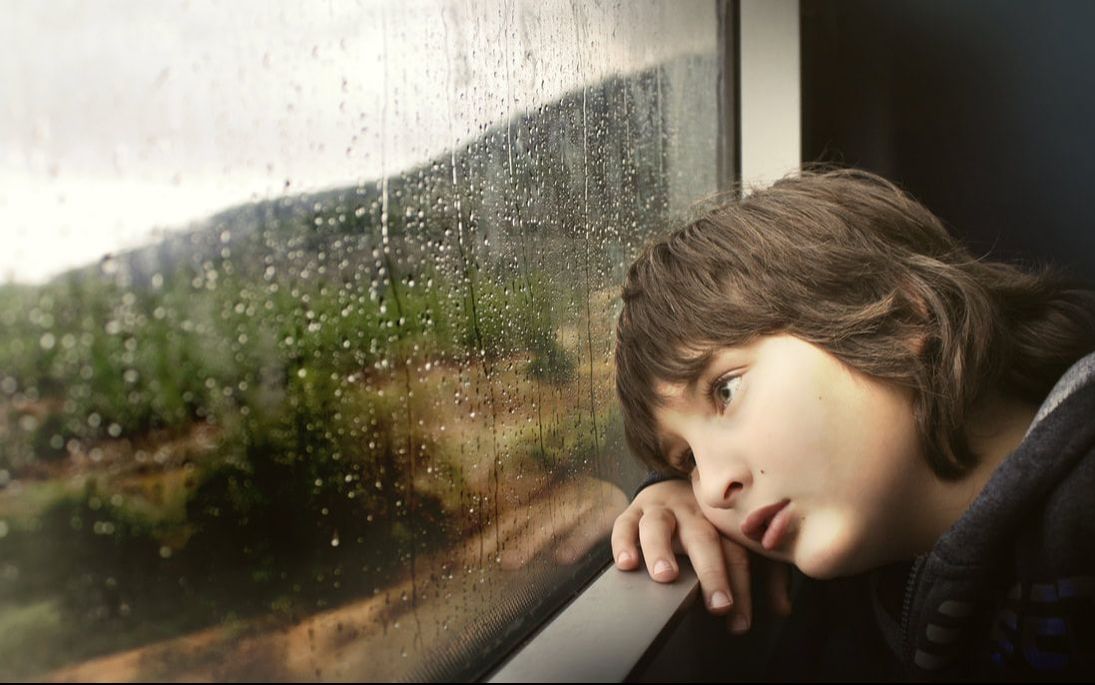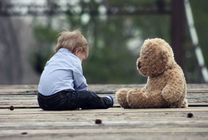
--Author Unknown
Grief is like the ocean it comes in waves, ebbing and flowing. Sometimes the water is calm, and sometimes it is overwhelmingly rough. At times you try and swim through the waves and become tired and exhausted from your efforts. Other times you can only muster up enough strength to just float.
When children experience death, difficult divorces, or other losses, they usually develop natural ways to cope and continue to grow. However, there are times when children experience complicated feelings just as adults do, and struggle to cope with the loss.
At times children will act out in ways that are not common to their personality. They may become angry and display aggressive behaviors, or withdraw and isolate themselves from family and friends. These again, are all normal responses.
There are many tools that parents can use to help their child work through their confusing feelings and manage their emotions. Here are two resources for a child who is grieving and their caregiver who wants to help.

